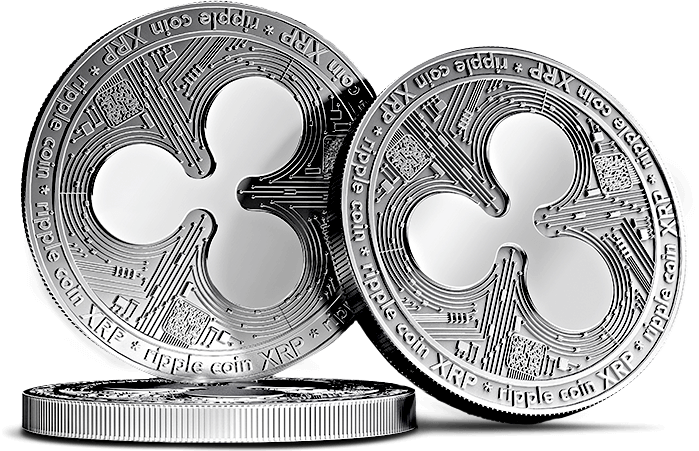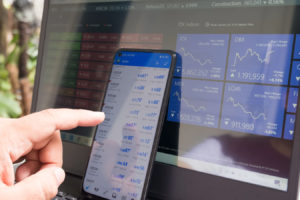
Ripple XRP is a crypto currency that is designed for use on Ripple’s network to rapidly transfer money between merchants and buyers who use different currencies.
Ripple Labs, an American technology company, created Ripple Net as a platform that banks and financial institutions use to transfer XRP quickly and internationally at a lower price. Merchants, payees, and banks can transfer their local currency to XRP, send coins to a local gateway, and transfer back the XRP to the merchant’s accepted currency.
This shortens transfer times and reduces fees for banks who may not have a direct relationship with a foreign institution, as long as they are both on the Ripple network.
How does Ripple work?
Ripple relies on independent computers around the world to monitor the history of each coin by maintaining a ledger of transactions. This is similar to how other cryptocurrencies, such as Bitcoin and Etheruam, work.
Since it is not kept in a central location, this ledger style is called a decentralized ledger system. This decentralized system allows for increased transparency that banks rely on to send XRP to other registered financial institutions around the world. Now, banks can enjoy the benefit of a larger financial network which they may not have had in the past.
For example, if a merchant in Prague wanted to sell a good or service priced in Czech to someone who uses the Neazland Dollar , there may not be banks in these countries who have a direct relationship with each other. The traditional way of transferring money would have been by passing funds through a network of banks, taking up time and collecting fees along the way.
Ripple allows a bank or ‘gateway’ to streamline the process by changing the payer’s local currency into XRP, ripple’s digital currency. It can then be changed back to the merchant’s local currency just seconds later when it arrives at the receiver’s gateway or kept as XRP.
How much of ripple is open source?
Ripple Net is Ripple’s main engine to connect global banks and financial institutions. They can use this platform to easily move money around the globe quickly and efficiently using Ripple’s currency, XRP.
Protocols are determined by Ripple Labs, who also manages the network. This benefits financial institutions by reducing processing times, ensuring protocol transparency, and Ripple’s active flagging of suspicious activity such as money laundering. While validators operate independently, Ripple Net’s operations are centralized and not open to developers.
Ripple Labs offers an open source version of their software to developers who wish to integrate XRP payments into their programs and applications. This service is Ripple X, and has open source aspects.
Differing from other crypto currencies, Ripple’s main services are focused on rapid international currency transfers. This means that while their networks rely on a decentralized ledger and active validators, they still retain control of how the network is used to ensure trust in their platform.






